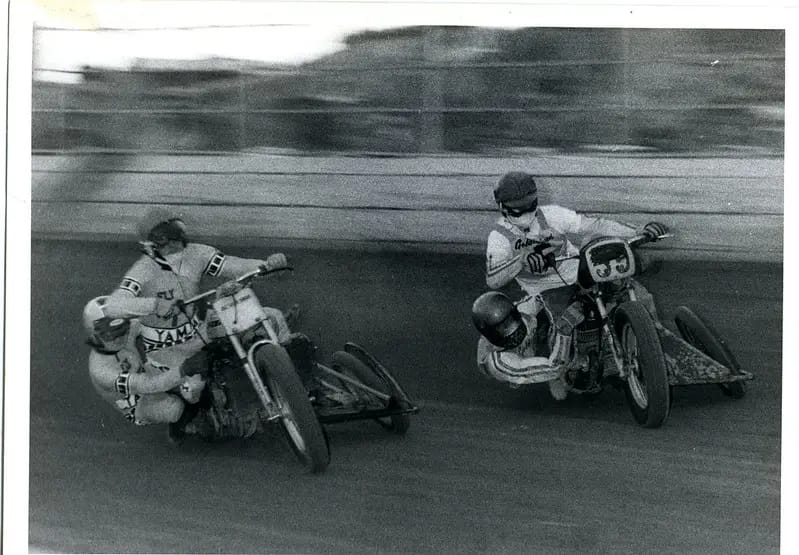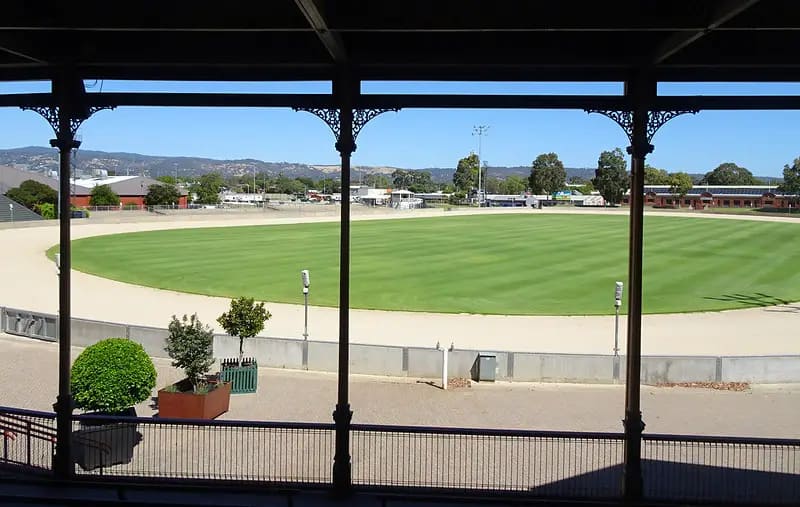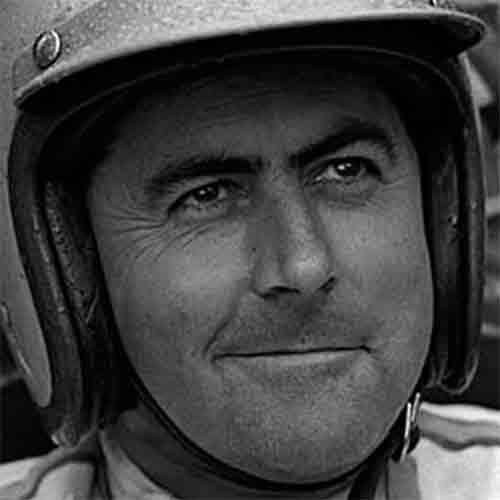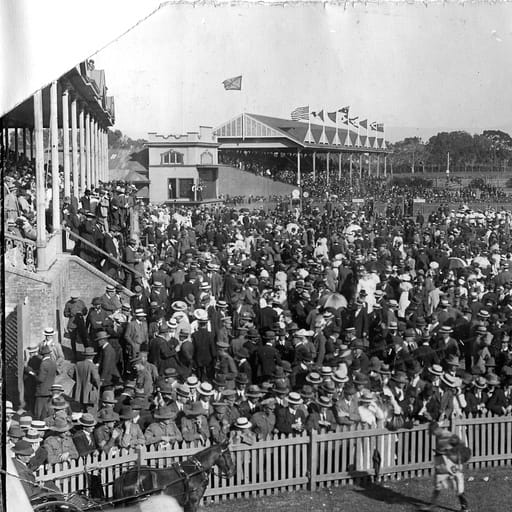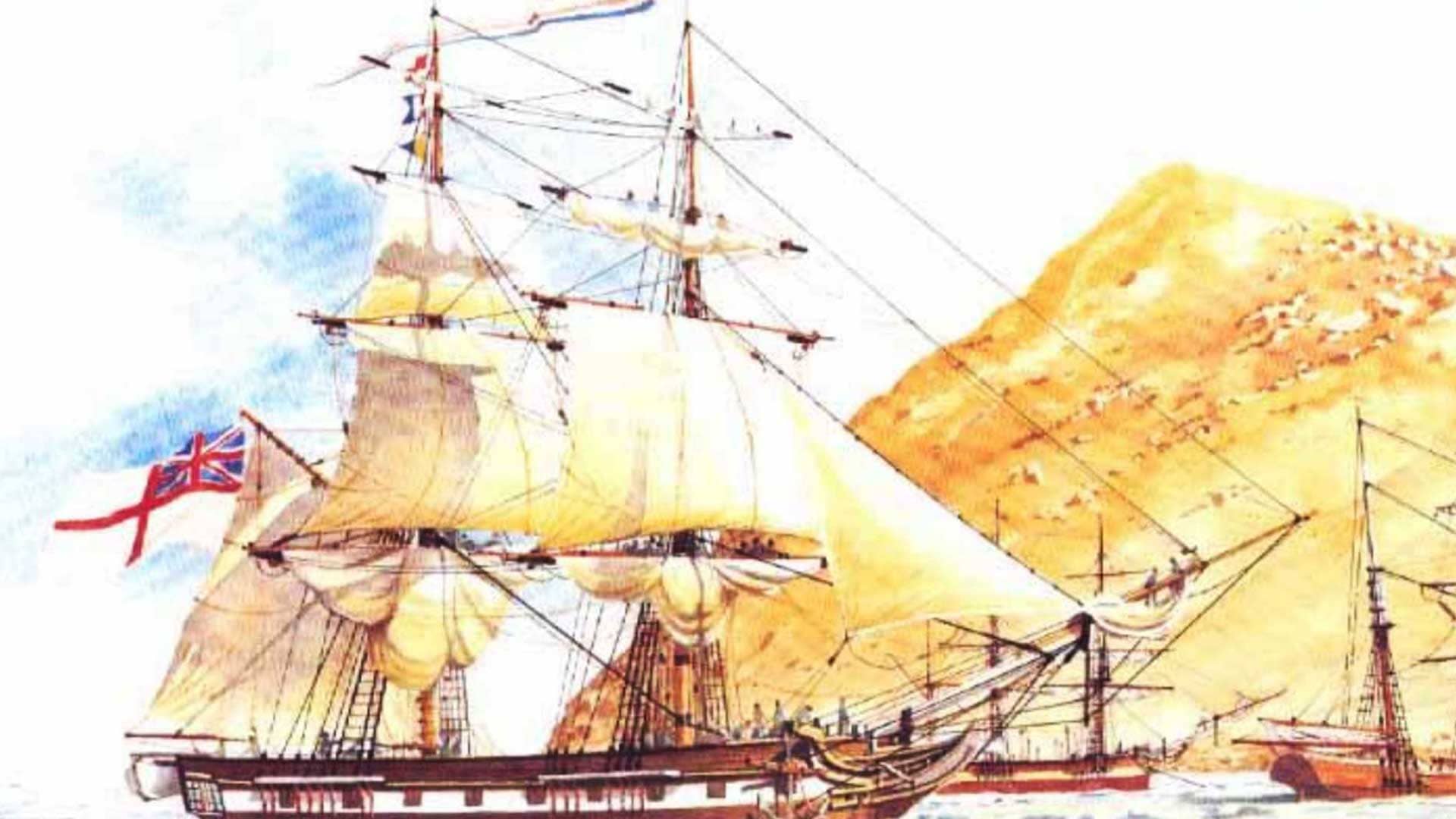Rowley Park Speedway, once the heart of motorsport in Adelaide, South Australia, holds a storied place in the city’s cultural and sporting history. Operating from 1949 to 1979, the venue became a symbol of adrenaline-fueled entertainment, drawing thousands of fans every week to witness high-octane racing and thrilling stunts. Its legacy endures in the memories of those who experienced the roar of engines and the dirt flying under the lights.
The Birth of Rowley Park Speedway
Located in Brompton, an inner-city suburb of Adelaide, Rowley Park Speedway began as a bold vision to bring speedway racing to South Australia. The venue was built on a former brickworks site, chosen for its flat terrain and proximity to the city centre. Its name honored Rowley Williamson, a key figure in the local sporting community.
The speedway opened its gates in December 1949, marking the start of a new era for motorsport in Adelaide. The 358-meter-long track was made of clay, designed to offer fast and competitive racing while challenging the skills of drivers.
A Hub for Motorsport Enthusiasts
During its 30-year history, Rowley Park became a hub for various motorsport disciplines, including solo motorcycles, sidecars, speedcars (midgets), sedans, and stock cars. The track’s tight corners and short straights provided a thrilling spectacle for fans, making every lap an edge-of-the-seat experience.
The speedway quickly developed a reputation for hosting some of the most exciting races in Australia. Promoters brought in international stars, including American and European drivers, to compete against local talent. This helped raise the profile of the sport in South Australia and attracted larger crowds to the venue.
Memorable Moments and Legendary Drivers
Rowley Park was the stage for many unforgettable moments and the careers of legendary drivers. Local heroes such as Jack Brabham, who later became a three-time Formula One World Champion, and Geoff Duke, a six-time motorcycle World Champion, competed at the venue early in their careers.
One of the most iconic features of Rowley Park was its atmosphere. The tightly packed stands created an electric vibe as fans cheered their favorite drivers, the smell of fuel and the sound of roaring engines filling the air. Friday nights at the speedway became a ritual for Adelaide residents, drawing families, friends, and motorsport enthusiasts alike.
Challenges and Changes
As the years passed, Rowley Park faced increasing challenges. The growing urbanisation of Brompton brought complaints from residents about noise and traffic congestion. Additionally, the evolving demands of motorsport required larger and more modern facilities to accommodate bigger crowds and more advanced vehicles.
In the late 1970s, it became clear that the venue’s time was nearing an end. The final race meeting was held on April 6, 1979, marking the end of an era for Adelaide’s motorsport community.
The Legacy of Rowley Park Speedway
Though the speedway is no longer in operation, its legacy remains a cherished part of Adelaide’s history. The site where Rowley Park once stood has been redeveloped into residential housing, but the memories of its roaring engines and dramatic races live on in the hearts of fans.
The Rowley Park Speedway inspired a new generation of motorsport enthusiasts and contributed to the development of South Australian drivers who achieved success on national and international stages. It also paved the way for modern venues like the Adelaide International Raceway and the Clipsal 500 (now known as the Adelaide 500), which continue to bring world-class motorsport events to the city.
Conclusion
Rowley Park Speedway was more than just a racetrack—it was a cultural landmark, a community gathering place, and a breeding ground for motorsport legends. Its three decades of operation left an indelible mark on Adelaide, and its spirit continues to resonate with those who remember the thrills of Friday nights under the lights. Though it’s been decades since its closure, the name Rowley Park still evokes a sense of nostalgia and pride for South Australia’s rich motorsport heritage.
